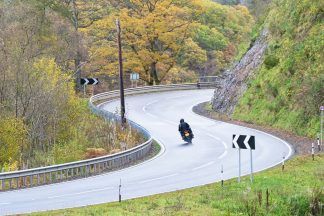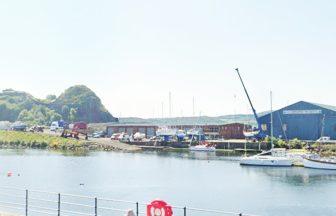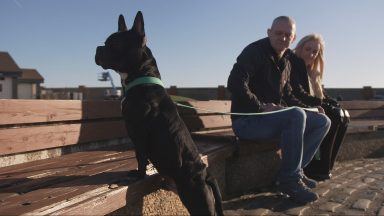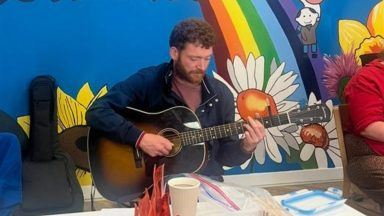Two rare Highland pony foals have been welcomed to the National Nature Reserve on the Isle of Rum.
The pair, called Fhuarain and Shellesder, have arrived as part of a herd of around 20 maintained by Nature Scot on the island.
The foals are named after two of Rum’s glens, with the Gaelic translation of Fhuarain meaning spring or burn, while Shellesder can be translated as Iris.
A special island breed of Highland ponies, the duo are said to be settling in well to life on the island but their history can be traced back to 1778 when the first ponies of their type were recorded on Rum.
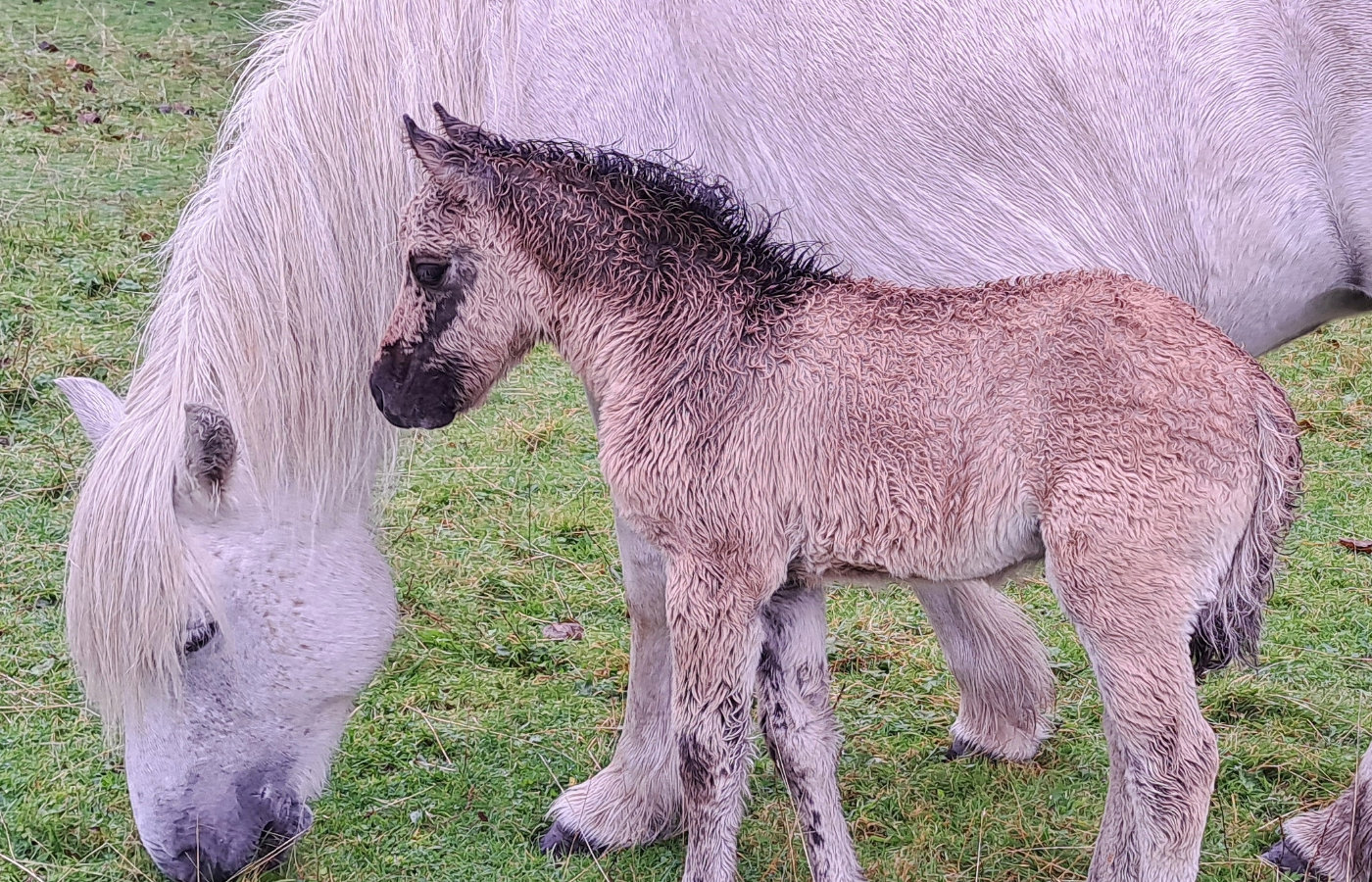 Lesley Watt/NatureScot
Lesley Watt/NatureScotThe foals play an important role in managing deer on the reserve, helping to remove carcasses from remote areas so they can be processed and sold for venison.
The reserve says the young ponies are also bred with care to ensure they survive long-term as part of a rare breed.
Nature Scot’s Rum NNR manager Lesley Watt said: “We are delighted to welcome two new Highland pony foals to the island this year as part of our long-term breeding programme which aims to preserve the ancient, rare bloodlines of Rum’s ponies.
“One of our Rum Highland ponies Soay produced a colt foal in the summer that we have named Fhuarain while another pony Minishal produced a filly foal in September that we have named Shellesder.
“Both of the foals are settling in well and will eventually join the rest of the herd helping with the deer management work on the reserve.
“Visitors and locals alike can look out for these much-loved residents as they roam freely about the island, most often to be spotted at Harris or Kilmory.”
A herd of 11 Highland cattle are also helping the reserve on the island with maintaining and improving protected grassland habitats that require grazing.
The large herbivores graze areas that are dominated by purple moor grass which allows for an increase in the diversity of species and dwarf shrub heath habitats can be restored.
Visitors to the reserve can now enjoy a newly designed centre brimming with information about the island’s habitats and species after a team of volunteers worked on an overhaul of the site.
Follow STV News on WhatsApp
Scan the QR code on your mobile device for all the latest news from around the country


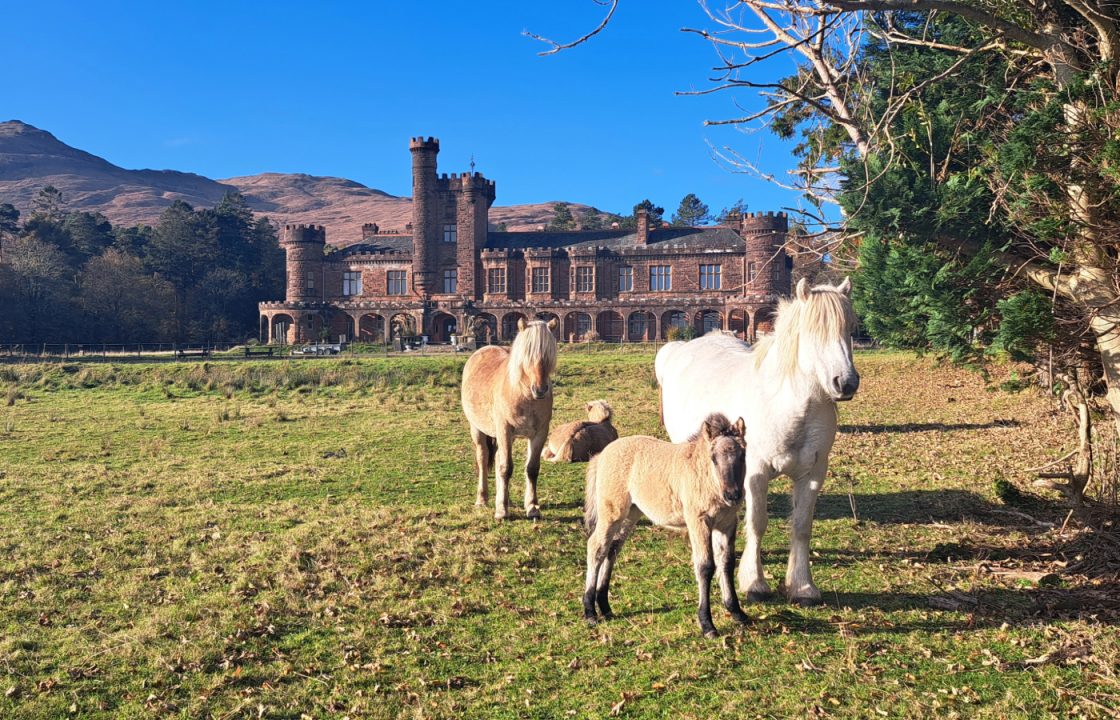 Lesley Watt/NatureScot
Lesley Watt/NatureScot

